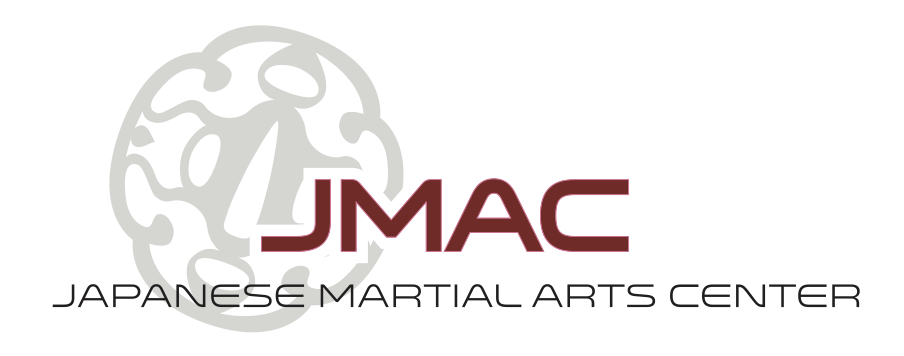Zen refers to Zen Buddhism, a system of thought that is widely misunderstood to be a religion. Instead, Zen, in its purest form is a systematic method for improving one's ability to perceive reality. The primary tool used by Zen practitioners is zazen, sitting. One attempts in zazen to quiet the mind - to decrease or stop the constant internal chatter most of us experience - in order to more directly experience ourselves and the universe.
Martial arts training can sometimes be useful for cultivating a zen-like mindset. By focusing fully on a martial arts technique or a sparring match, martial artists are often able to eliminate or reduce the constant mental chatter that most of us experience. Under very unique circumstances, this can lead to a clearer perception of reality. One commonly used example is that a still mind doesn't anticipate an attack (thereby risking an ineffective counter-technique), but simply reacts to the actual attack as it occurs.
Just as martial arts can promote the Zen mind, Zen can help martial artists. One who has successfully cultivated the Zen qualities of stillness and detachment can become a better warrior. As we stated above, a mind that directly perceives the intentions of an opponent and that doesn't pre-conceive a defense is more likely to prevail. At a higher level, Zen can help people clarify who is and is not an enemy, thereby reducing or eliminating the need for conflict. Martial arts and Zen practice share the goals of making their practitioners more positive, clearer thinking people.

3 comments:
The definition of “Zen” in this posting includes the statements, “…systematic method for improving one’s ability to perceive reality,” and that Zen aids one’s ability to “. . . directly experience ourselves and the universe.”
For me, this begs the questions, “what is reality; the self; the universe?” And, “why does one want to experience it?”
My belief is “the self” is composed of Body, Mind, and Spirit. I believe that while in Earth, humans exist as body, mind and spirit, but in “reality,” we are spiritual beings. I believe that “the universe” is another name for what people also refer to as (among many other things) “Spirit,” “Truth,” “Tao,” “Wakan Tanka,” and “God,”.
I believe that this universal spirit, of which “everything” that exists is part, is “reality.” I also believe the universe is contained in “every - thing.” And so, to directly perceive this reality, or to experience our “selves,” is the definition of a “spiritual or divine” experience. And that is a good thing.
The posting says of “Martial Arts,” that training can “promote the Zen mind, [and] Zen can help martial artists.” This makes sense to me. Martial Arts engage the mind and body in ways that simple meditation do not. That is why I am, at this stage of my life, still practicing martial arts in general, and why I am at JMAC in particular.
I am struggling with achieving a Zen-like attitude in daily life. In the martial art context, as in daily life, Zen suggests that reality is not spiritual but the physical moment. It fleets away, the next one comes; the Furyu concept of wind and flowing water experienced one way in one moment then immediately changing. Reality is the moment and you are in it. Zen teaches to experience without ego, with an empty mind, Shoshin, not anticipating with a burden of the past experience and with a pre-conceived reaction. Instead, the Zen-influenced state of mind, Shoshin, allows one to pay attention to every detail in the moment, with a clear mind and heightened sensitivity and to react. The initial posting suggests that ”….martial arts training can sometimes be useful for cultivating a zen-like mindset….” I believe it is the opposite in that a Zen-like state of mind can be more useful in achieving new levels in martial arts training. Perhaps it is both, with Zen suggesting they are two sides of the same coin. Finally, Fudoshin as a state of imperturbability, with an "immovable mind" characterizes the effectiveness of the advanced practitioner with a " ... spirit of unshakable calm and determination, courage without recklessness, rooted stability in both mental and physical realms. Like a willow tree, powerful roots deep in the ground and a soft yielding resistance against the winds that blow through it….”
Inner dialog is something I been constantly battle with, both when practicing in the dojo and at home meditating. It is easy to get washed way with a stray thought when trying to silence your mind. Usually I will find myself then engaging other thoughts after the first before I realize that there is “chatter.”
Here is technique I have practice to help make yourself aware of not only my thoughts but of my complete self. Pick an hour during the day (when training at the dojo); imagine a little recorder on your shoulder. This “recorder” notes everything you do during this hour. Make yourself become aware of everything. What you touch, taste, see, how do you feel. If you interact with people, how do they see you? What are your thoughts during this time?
At a later time during the day, sit down and write down what the recorder observed. I found this helpful in improving my techniques in the dojo and identifying and stopping when I engage in stray thoughts when meditating.
Post a Comment